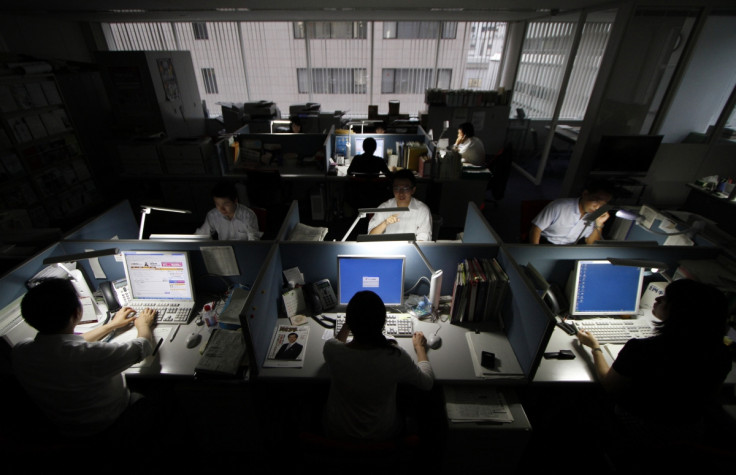Reports show 3 in 4 UK women want the government to lift the 'Second Glass Ceiling'
According to a new BSI research titled Lifting the Second Glass Ceiling, women in the UK want the government and business leaders to retain more older women in the workforce.

Recent data from The British Standards Institution (BSI) report, titled 'Lifting the Second Glass Ceiling', revealed reasons behind women leaving the labour force apart from personal reasons.
The BSI report showed that 29 per cent of female employees expect to stop working before retirement. Two-fifths of the 29 per cent believe it would be because of health-related issues – while one-fifth mentioned menopause.
After surveying 5,074 women in Australia, the US, Japan, the UK and China, about 54 per cent of these women find it difficult to discuss issues like menopause with their employers.
Anne Hayes, a respected Director at BSI, encourages women to view the current situation as an opportunity for personal and collective growth. While the report indicates that various factors can lead female employees to exit the labour force, Hayes also stressed that there are straightforward actions that can address these challenges. The Director appeals to women to approach the issue as a chance to stimulate innovation and growth.
BIS' report explored the multiple factors that contribute to the unfortunate loss of experienced female employees from the workforce. It also identified the social and economic benefits everyone stands to enjoy if they are not forced to leave the labour force early.
The report inferred that early retirement concerns both genders. Male employees should strive to be a part of the revolutionary move towards creating an inclusive and equitable working culture.
According to the report, 67 per cent of the women said having a knowledgeable female mentor would help younger women– while 33 per cent believe it is unlikely for women to take on leadership positions.
Furthermore, the report stressed that placing women in charge could be a way to resolve the challenge that is the early retirement of female employees. Seventy-two per cent of the respondents said they find it more comfortable raising issues such as menopause with female employers rather than with male employers
This latest report is in line with BSI's report on Menstruation, Menopause and Menstrual health in workplaces, which was published in May. The report sets out suggestions for the transformation of the workplace – it puts HR experts in charge of adjusting attitudes towards menstruation.
The respondents also believe employers have a major role to play in heralding a more accommodating workplace environment for women. An overwhelming majority, 74 per cent of the respondents, believe that employers have a responsibility to provide support for women regarding issues such as menopause. Additionally, an impressive 76 per cent of the respondents expressed their willingness to embrace flexibility as a means to address other associated challenges.
Laura Rennie, the Founder and Director of Arena Human Resources, also mentioned that employers and HR experts need to create a trusting work environment for women.
The Head of Health and Well-being at BSI, Kate Field, strongly advocates for celebrating women who choose to leave the labour force willingly. However, she believes that such celebrations should never discourage women who wish to continue working from receiving the necessary support from their employers.
In order to foster an inclusive work environment, Field stated that organisations should actively seek opportunities to collaborate with diverse individuals. This collaborative approach can bring about significant benefits for both employees and the organisation as a whole.
According to a recent survey, caring responsibilities were identified as the major barrier to women remaining in the labour force by 21 per cent of the respondents. Additionally, the report revealed that 18 per cent mentioned rigidity as a challenge, and 11 per cent highlighted the lack of promotion opportunities for women at work.
Women are quite hopeful about the future, with a particularly optimistic outlook coming from younger generations. 65 per cent of all the respondents believe things will get better in time. These younger women firmly believe that the next generation will receive the necessary support to stay in the labour force, mirroring the opportunities afforded to their male counterparts.
© Copyright IBTimes 2025. All rights reserved.






















